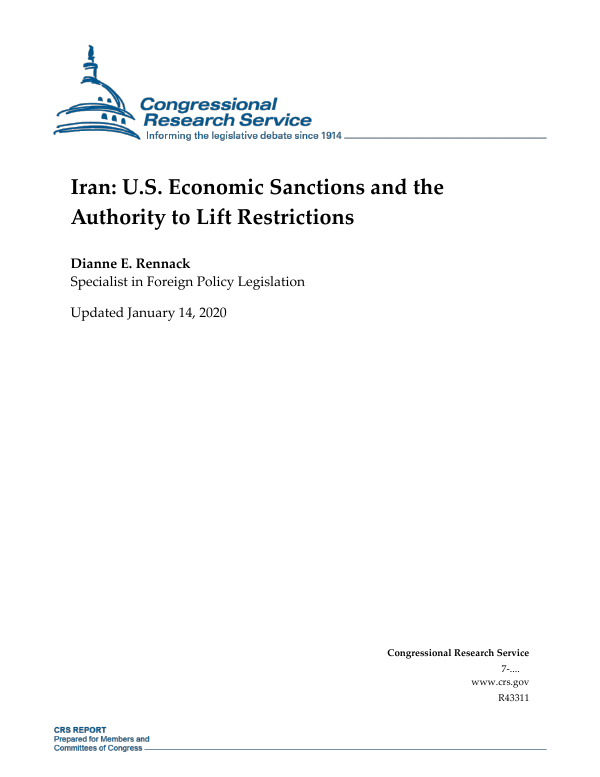

Categories of generally-licensed activities by OFAC are described below. U.S.-person transactions continue to require authorization of specific or general license from OFAC. owned or controlled foreign entities, continue to be prohibited from conducting transactions with Iran, including any transactions permitted under the JPOA. citizens and permanent resident aliens, persons and entities within the U.S., and U.S.–incorporated entities and their foreign branches, along with U.S. persons not otherwise subject to the Iranian Transactions and Sanctions Regulations (ITSR) involving Iran’s sale and purchase of gold and other precious metals Iran’s export of petrochemical products and the sale and supply or transfer to Iran of goods and services used in connection with its automotive sectors. Under the JPOA, the United States agreed to temporarily suspend certain sanctions for non-U.S.

On November 24, 2013, the P5+1 and Iran announced the JPOA. Sanctions Relief Currently Available Under the Joint Plan of Action sanctions relief under the JPOA through January 14, 2016. The European Union has also already announced the extension of E.U.
Ofac general license iran medical devices verification#
Instead, the United States will begin to suspend its nuclear-related economic sanctions in a phased manner after verification of Iran’s implementation of the JCPOA by the International Atomic Energy Agency (IAEA). The United States has not lifted existing sanctions, nor does the JCPOA provide Iran with any immediate relief from current U.S. The plan builds on the parameters for a JCPOA previously announced on April 2, 2015. On July 14, 2015, the United States and five other countries (collectively known as the P5+1 1) reached a Joint Comprehensive Plan of Action (JCPOA) with Iran under which Iran will limit its nuclear activities in exchange for a gradual lifting of international economic sanctions.


 0 kommentar(er)
0 kommentar(er)
